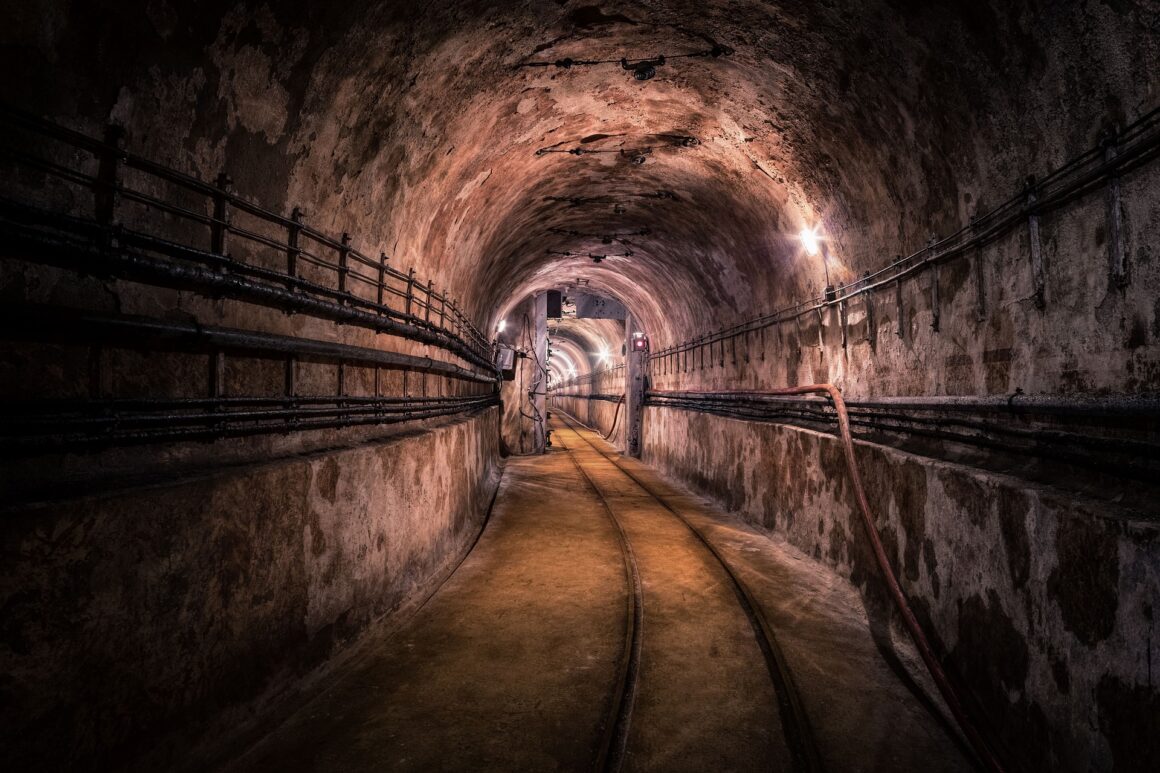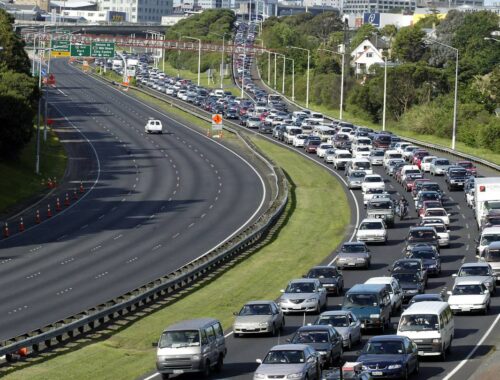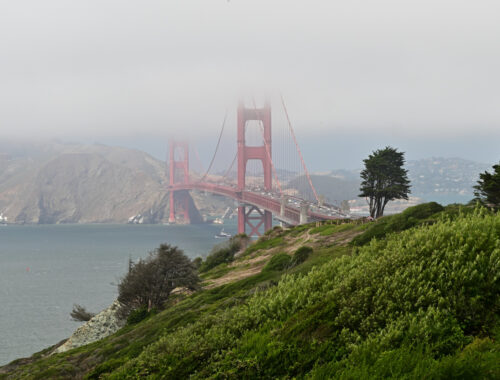
Ligne Maginot
Ligne Maginot is a line of concrete fortifications, obstacles and weapon installations built by France in the 1930s to deter invasion by Germany, based on the trench warfare experience gained during World War I. The fortification is often used as metaphor for expensive efforts that offer a false sense of security: with an estimated cost of 3.9 billion USD (underground railways, accommodation, air conditioning, etc.) Germany still managed to bypass it and invaded France in just couple weeks.
As we transition into another year of pandemic it seems that in New Zealand we depend on borders closed, high vaccination rates, vaccination passports and social distancing. All of that is right and has worked fine to keep the country almost free from the pandemic, however with new virus variants that alone may be an old strategy similar to a Ligne Maginot, if we dismiss the experiences of other countries. As a reference, today USA recorded half a million new daily cases of infected people, that’s more than twice the records from last year!
We are far away from that in location and numbers, but couple days ago an artist from UK skipped isolation rules and partied in the city, without waiting to get test results (that turned out to be positive and the first new variant case in the community here). Later that person declared to be “devastated” and the government lowered the profile of it as it was already awkward to answer the question of why he was even allowed to travel here, considering the large number of other families split because borders are closed.
Beyond politics the point is, there are parts of the equation that cannot be controlled: reluctance to vaccination or to follow general guidelines, human errors at all levels, etc.
With that in mind, it makes more sense to invest resources to fortify weak areas, instead of gold-plating things that we know worked in previous war-like waves of the pandemic.
While we expect the big part of it to be handled by the government, at personal level our task involves to be better prepared for the moment when (not if) we get infected and how to navigate through it.
Is not about having a low chance of getting severely sick or into the hospital if infected to forget about it, is about seeing the whole picture when a large fraction of the population can also get infected, causing disruptions to the many different services and activities we take for granted now.
Consider the case when supermarkets have to restrict their hours because they don’t have staff available, or when other basic services like healthcare or education are also without staff.
So here is a list of things I can think of that may help be better prepared. Every situation is different and you may find more ideas that may cover your case:
- medical or emergency contacts – make sure you/your family has access to health services, know the contact numbers or get familiar with the way the proceed (paperwork, hours, fees etc.)
- support network – who can help you in case you need to self isolate.
- food – that is about having some extra, including non perishable items and about know or learn to prepare simple meals, think about having to cook for you/your family for a week without going to the supermarket.
- accommodation – this varies but maybe end of the year could be also a time to think if the place you live is right or maybe you need to move to a less crowded area, etc.
- source of income or savings – what happens if you need to self isolate, can you work remotely? If feeling unwell and/or cannot work, do you have some savings or access to help?
- emergencies – what happens if older relatives get sick?
- recovery path – this is about work, accommodation and employment, even if a long term goal is to change or to find better options every step and challenge helps to make better decisions towards it.
I know it sounds like a bit too much to worry about at the end/star a year, and I’ve been a bit reluctant to write about this, but I think is better to talk or to start planning than to suddenly find ourselves in the middle of a crisis later on. Also New Year is usually a time to review the year and to make goals for the upcoming year. My only intention is to help you a bit to be better prepared.
Also, on the bright side of things, it seems from experience of other countries and according to couple experts/virologists that this could be the last phase of the pandemic, where the virus is highly contagious but not so severe. We should just need to endure this last wave, all bumps included. I sincerely hope this plays out well.
Before anything else, preparation is the key to success
Alexander Graham Bell




